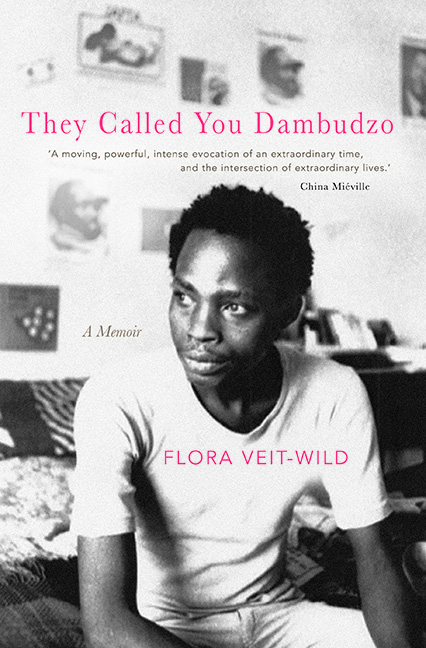Summary
Harare in heat. Whores in plenty. Sunlight harsh, stridently bright. … The only sound of water in the City was the plungent Cecil Square fountains, the flush of toilets, the horrible oogle of the sink …
Dambudzo Marechera (‘Park Bench Diary’ in Mindblast)WE ARRIVED IN HARARE IN December 1982, a week before Christmas. It was terribly hot. After two seasons with abundant rains and bumper harvests, the summer months had been extremely dry and the country was facing its second year of drought. Every day clouds gathered, temperatures rose above 30 degrees, the air became oppressive – but then the clouds dissolved and not a drop of rain fell. On the farms the maize plants withered. In the villages rain-making ceremonies were held.
In my mind I see Dambudzo, sitting in Cecil Square, hammering away on his portable typewriter. At the time still bearing the name of the colonial conqueror, the square was a small quadrangle of a park in the centre of Harare, with low hedges laid out in a geometrical pattern, a fountain pouring water high into the air in its centre. Yet for Dambudzo the air is polluted by the stink of the public toilet hidden in one corner of the square, as the heat mingles with his pain and the hunger in his belly.
Of rain, not a smell, not a taste, not a touch. And the heat in my mind raged; a raw seething wound.
On one side of the square stood the old Meikles Hotel, whose woodpanelled interior exhumed the scent of the earliest days of colonial settlement; the other side was flanked by the modern commercial centre with a skyline of office towers, square façades of glass and stone, up to twenty floors. The centre of Harare was not at all as one might have imagined an African city. To the dismay of travellers looking for the exotic, it felt very European. There was no flurry and pell-mell of people, no carts or markets, no hubbub of voices, noises and smells. Everything was clean and orderly.
Yet it was Dambudzo's habitat. His typewriter and a plastic bag containing books and clothes – all the belongings he possessed – accompanied him. For lunch he would get a mug of sour milk from the Indian grocery.
- Type
- Chapter
- Information
- They Called You DambudzoA Memoir, pp. 45 - 46Publisher: Boydell & BrewerPrint publication year: 2022



